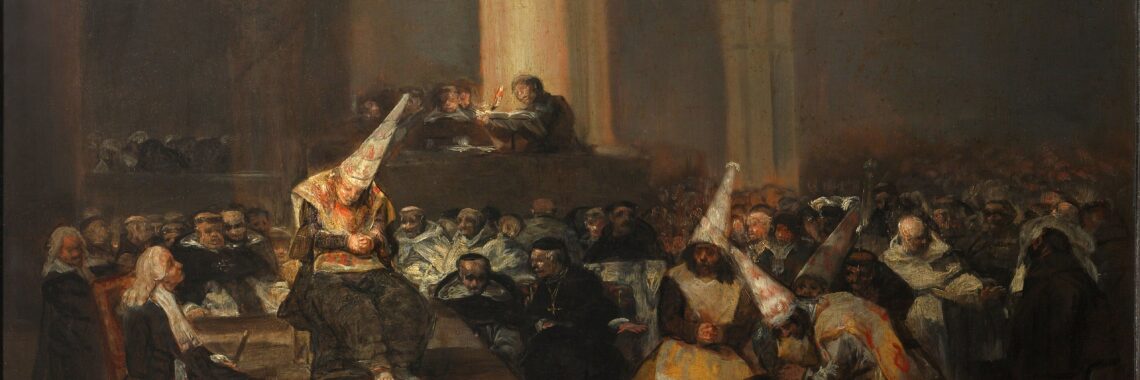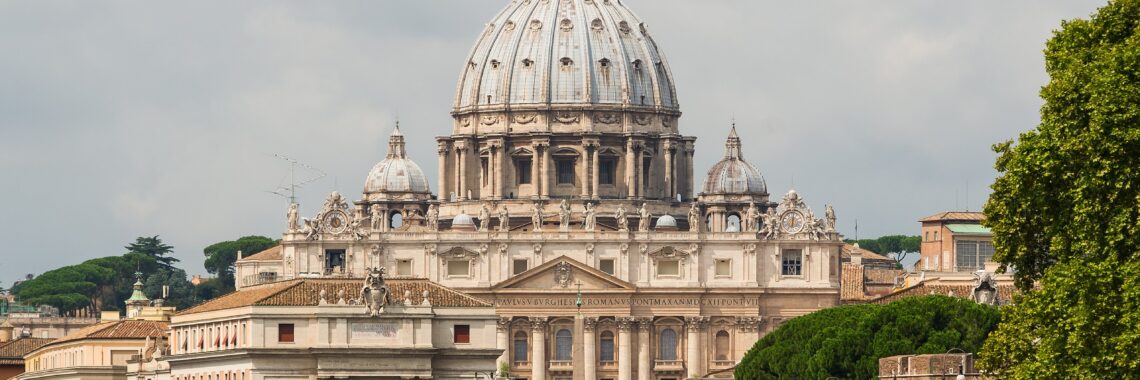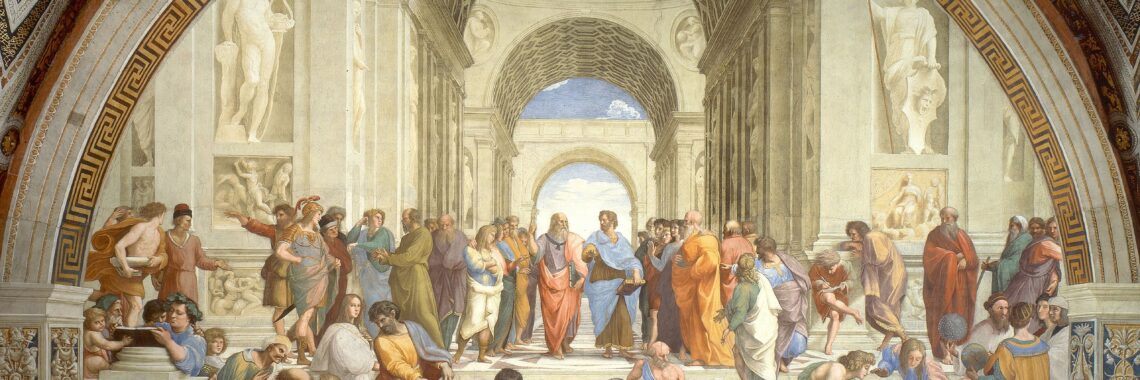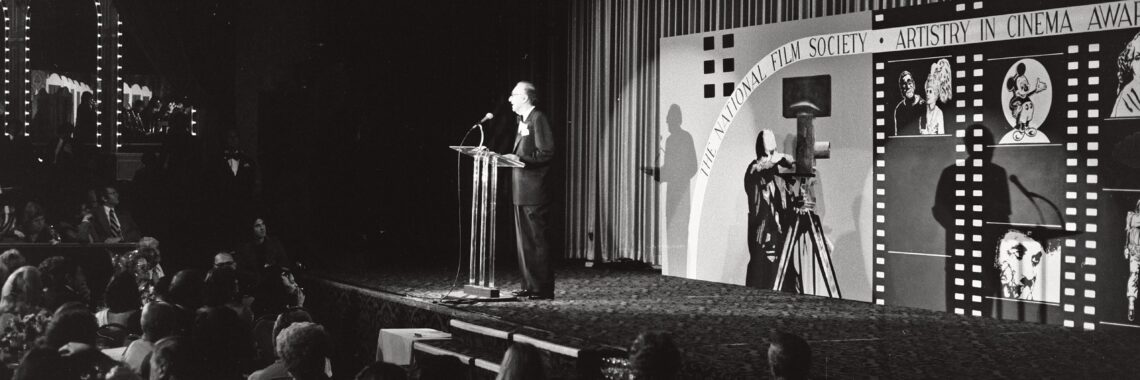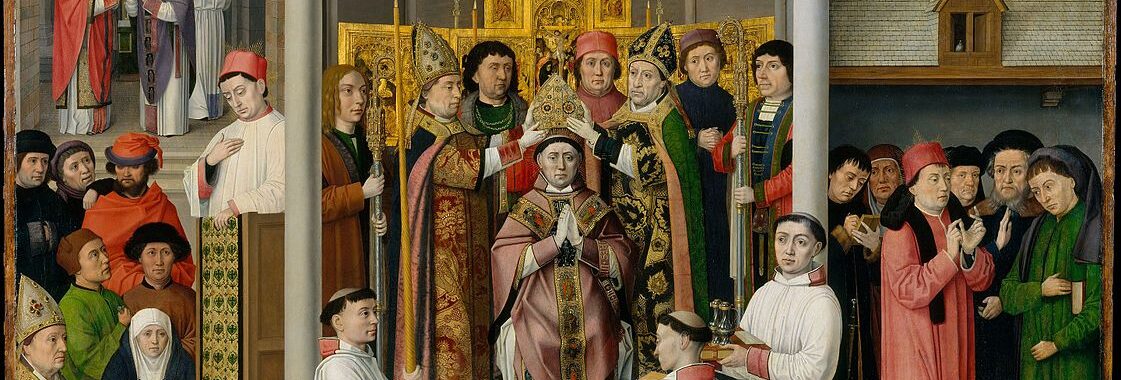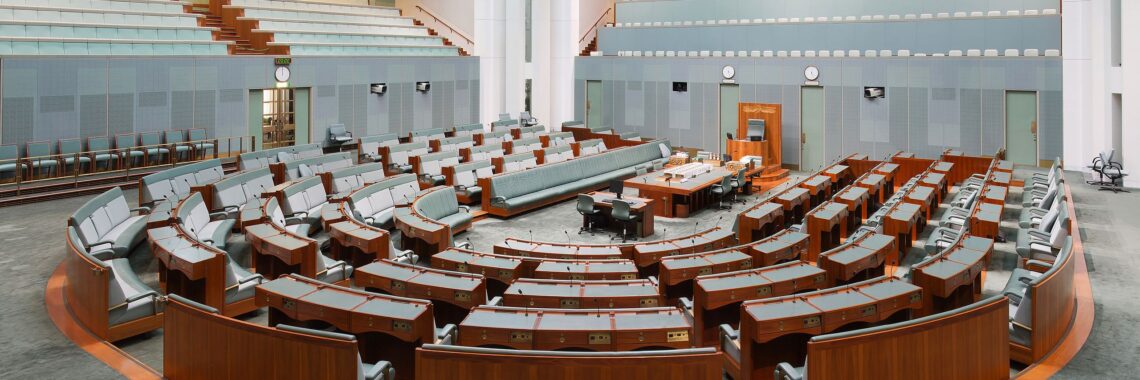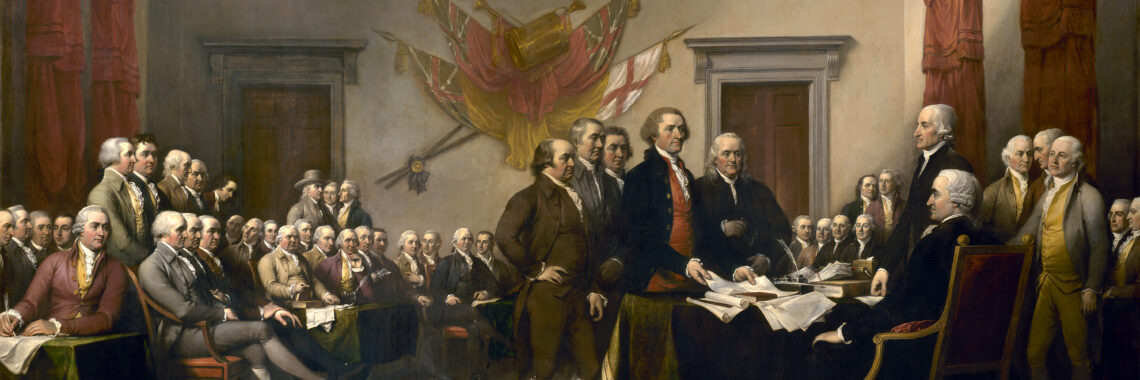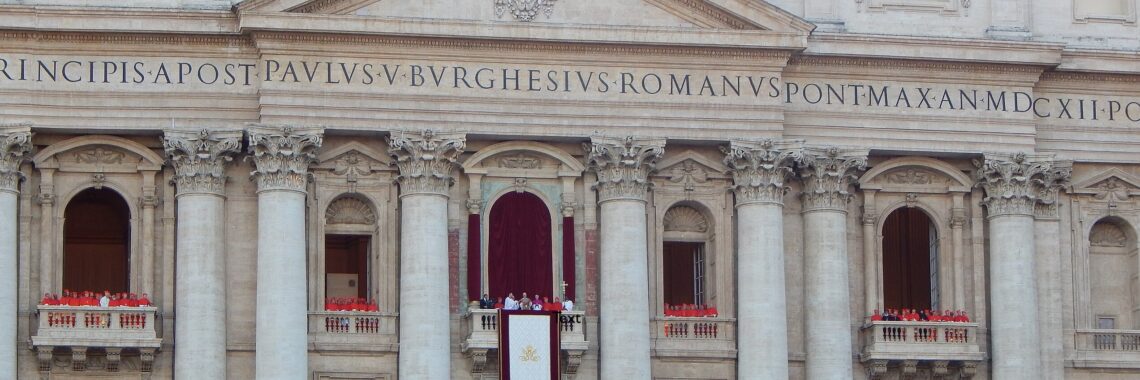“More a Church than a Crown? The Spanish Inquisition and Las Casas’s Legal Thought” by Matthew Cavedon
The Inquisition Tribunal by Francisco Goya (PD-Art). Bartolomé de Las Casas (c.1484–1566)—the first Catholic bishop of the Americas—commented on many of the controversies of the Spanish Empire of his day. While he never evaluated the Inquisition in writing, his life intersected with it several times. (Curiously, though Las Casas was possibly descended from conversos, or…


